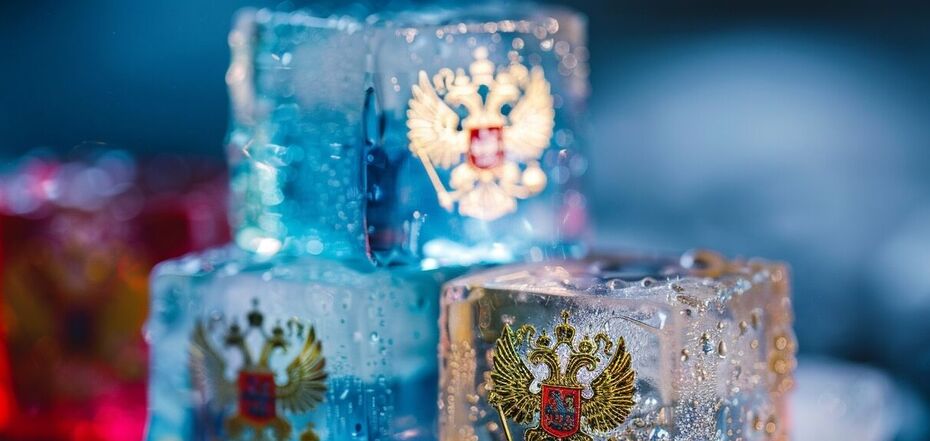News
The Netherlands unfreezes Russian assets worth half a billion euros – media
Financial institutions in the Netherlands have frozen much less Russian money than expected. Thus, in January 2024, the local parliament announced that the total amount of frozen Russian assets would be 660 million euros, but by July 1, only 97.2 million had been blocked.
This was reported by Telegraaf. It is noted that more than half a billion Russian assets "were most likely unblocked with the approval of the country's authorities."
"The unfreezing of funds was due to the granting of exceptions for incomplete payments. And the removal of unauthorized owners," the statement said.
It is emphasized that a significant part of this amount belongs to two Russian companies. We are talking about 430 million euros.
"In particular, 230 million euros of one of the companies were no longer subject to freezing. The company was "formally removed" from its Russian owner through a special structure," the analysts said.
For its part, RTL reported that the owner of these two companies is the same. "The assets were unfrozen because measures were taken to ensure that the ultimate owner, who is under sanctions, no longer controls the companies, and the money did not get to him through redirection."
Ukraine demands to take $300 billion from Russia
At the same time, Ukraine is making efforts to recover $300 billion of Russia's sovereign assets frozen in Western countries. Since the beginning of the full-scale invasion of Ukraine, Moscow has been denied access to them. The lion's share is held by Euroclear, a Brussels-based financial institution that specializes in the custody and settlement of securities. On these assets, Euroclear generated a pre-tax profit of €0.794 billion in 2022 and €4.34 billion in 2023, amounting to more than €5 billion in two years.
As for the remaining assets, their exact size, shape, and location are unknown. The US, for example, may have about $5 billion. The Group of Seven previously pledged to keep them frozen until Russia pays compensation to Ukraine for the damage caused by the aggression.
Since December 2023, the United States, along with the United Kingdom and Canada, has been pushing for a full confiscation in the G7, but this decision has faced great resistance from European countries. In April, the U.S. Congress even passed the Restoring Economic Prosperity and Opportunity for Americans Act (REPO Act), which allows the White House to confiscate Russian sovereign assets in the United States.
The EU, in turn, chose the least risky and, accordingly, the least profitable way to transfer revenues to Ukraine annually as they are generated in the amount of 3-4 billion euros. The leaders of the European Central Bank systematically oppose full confiscation.
Earlier, OBOZ.UA calculated that if Western partners used Russia's frozen assets to purchase F-16 fighter jets for Ukraine, they could theoretically buy all the F-16s in the world. We are talking about about $300 billion of the Russian central bank's funds that were blocked in Western accounts.
Only verified information is available on the OBOZ.UA Telegram channel and Viber. Do not fall for fakes!



























